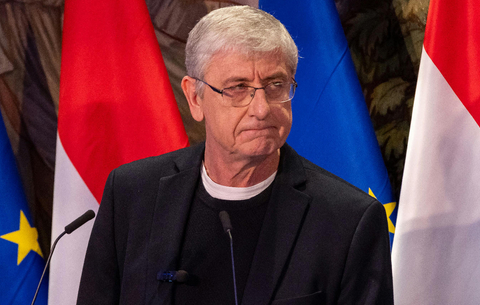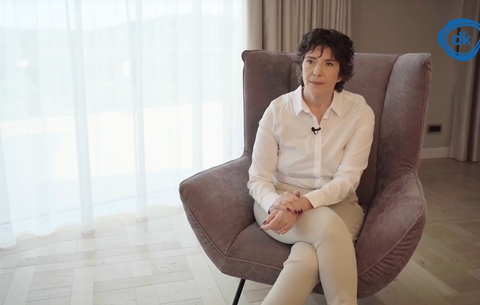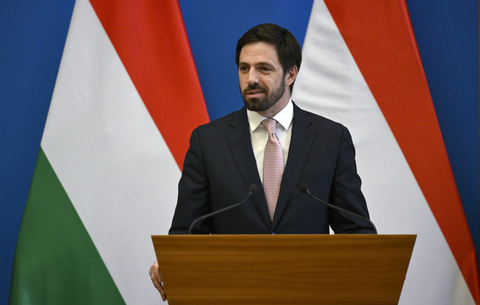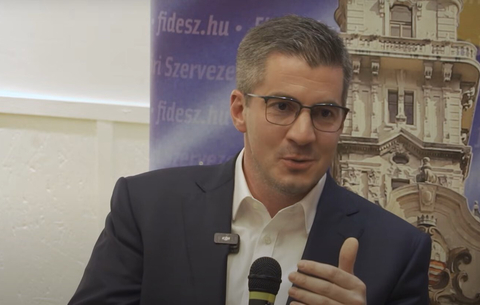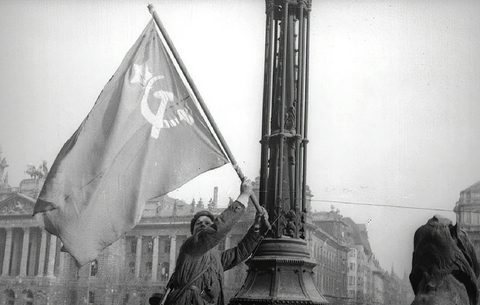Bribe the instructors, faked tests - a driving licence in two weeks
Fierce competition between driving schools have depressed prices - and this, not alleged corruption, has led to the poor driving skills of today's drivers, according to experts polled by Automenedzser.
"It's very rare for a test to be clean. Most driving examiners expect some kind of a tip," claimed a provincial driving instructor who spoke to Automenedzser magazine. On the other hand, Sandor Szorcsok, who is in charge of driver licensing at the National Transport Authority, says: "The overwhelming majority of the examiners carry out their work honestly. Anyone who does otherwise is immediately dismissed." Results have certainly declined over the past few years. A few years ago, it took an average of 1.6 driving tests to get a licence, while it now takes 1.85. Szorcsok claims the number of fails has risen over the past three years because authorities are trying to keep up the difficulty level, while instructors are responding to heightened competition by offering their services at ever lower prices - meaning it is no longer an attractive way of earning an income.
At the beginning of the 1980s, 5,500 instructors were teaching 180,000 learners. Today, there are 90,000 learners a year and 6,500 instructors, implying that there is plenty of surplus capacity on the market. The dividing line is not between teaching and examining but between good and bad driving schools. For this reason, some instructors are supplementing their income by asking for money "for the examiner," which the instructor naturally never receives. Szorcsok emphasises that only a small proportion of the instructors indulge in such practices. "Neither the examiners nor the National Transport Authority have an interest in people failing. The exam fee is in any case set by the Ministry for Economics and Transport in consultation with the Finance Ministry." The Authority can regulate the exam, but it cannot intervene in the market itself by setting prices.
But the Authority is working to improve things. In the near future, the Authority is planning to introduce means of ensuring that teaching hours are spent actually driving. The "teaching metre" will record the number of kilometres driven by the learner and the number of hours he or she has spent in the vehicle. Learners will only be able to take the test if they have driven the prerequisite time and distance. For the past two years, the theory test has been taken on a computer, making corruption almost impossible. The computerised test is composed of randomly selected questions, and the test is thoroughly documented by the system. Furthermore, cameras record activities in the exam hall. "It's not a dream - you have to study and practice," according to Tibor Kocsis, an instructor from Cegled. "Before, there were examples of professionals being paid to take the theory test on behalf of someone else, or examiners were bribed to submit an already completed test in an examinee's name. That no longer happens," says another instructor, who asked not to be named. Kocsis also says that the new learning CDs make things easier for the examinees, since they can learn driving rules by "playing" with the interactive programme.
At the beginning of the 1980s, 5,500 instructors were teaching 180,000 learners. Today, there are 90,000 learners a year and 6,500 instructors, implying that there is plenty of surplus capacity on the market. The dividing line is not between teaching and examining but between good and bad driving schools. For this reason, some instructors are supplementing their income by asking for money "for the examiner," which the instructor naturally never receives. Szorcsok emphasises that only a small proportion of the instructors indulge in such practices. "Neither the examiners nor the National Transport Authority have an interest in people failing. The exam fee is in any case set by the Ministry for Economics and Transport in consultation with the Finance Ministry." The Authority can regulate the exam, but it cannot intervene in the market itself by setting prices.
But the Authority is working to improve things. In the near future, the Authority is planning to introduce means of ensuring that teaching hours are spent actually driving. The "teaching metre" will record the number of kilometres driven by the learner and the number of hours he or she has spent in the vehicle. Learners will only be able to take the test if they have driven the prerequisite time and distance. For the past two years, the theory test has been taken on a computer, making corruption almost impossible. The computerised test is composed of randomly selected questions, and the test is thoroughly documented by the system. Furthermore, cameras record activities in the exam hall. "It's not a dream - you have to study and practice," according to Tibor Kocsis, an instructor from Cegled. "Before, there were examples of professionals being paid to take the theory test on behalf of someone else, or examiners were bribed to submit an already completed test in an examinee's name. That no longer happens," says another instructor, who asked not to be named. Kocsis also says that the new learning CDs make things easier for the examinees, since they can learn driving rules by "playing" with the interactive programme.

